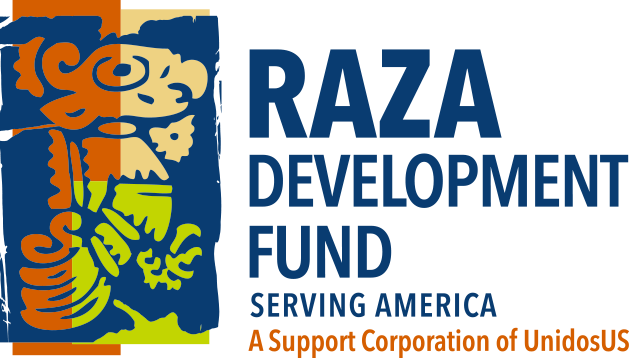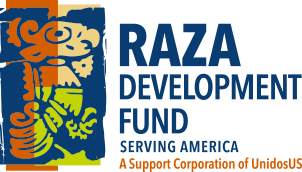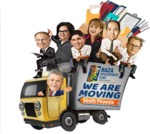The RDF 2020 Annual Report: A year like no other!
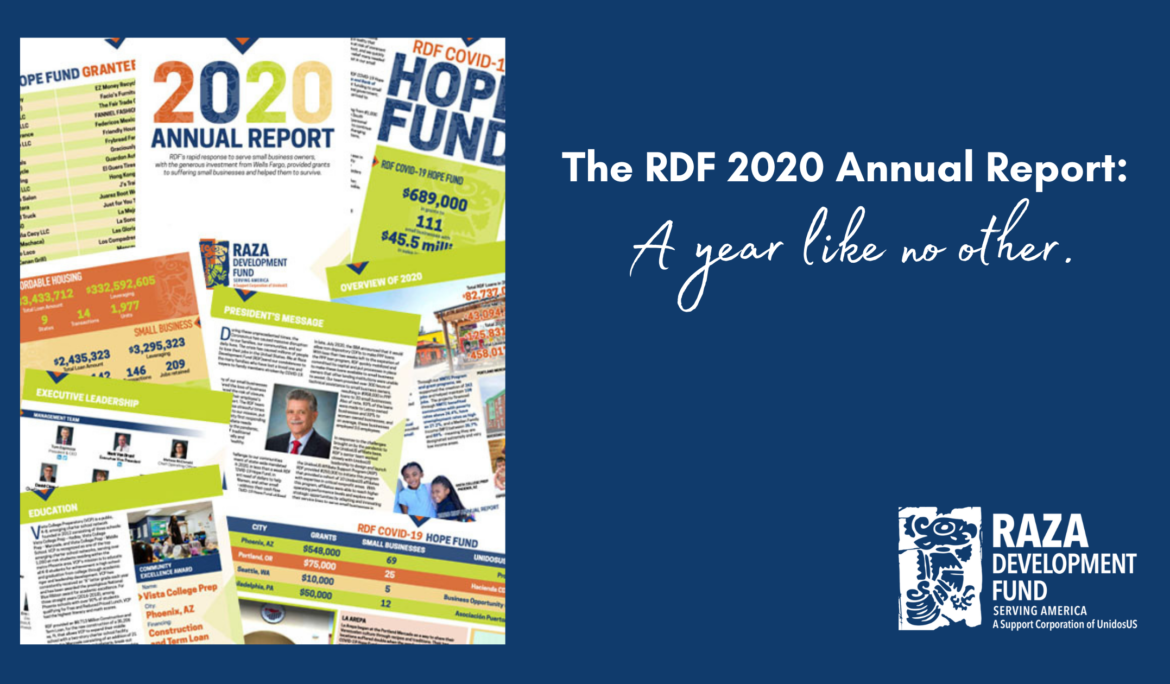
2020 was unlike any other year because it would capture a moment in time amidst one of history’s most unprecedented pandemics. People, families, and entire communities were suffering through sickness, loss of their loved ones and their suffering businesses meant a loss of income for their families. When I first joined the RDF Communications team in February, my first assigned project was to work on RDF’s 2020 Annual Report, and from the beginning, I knew this report would be very different.
An Annual Report is essentially an investment report highlighting an organization’s mission and impact and provides a comprehensive review of its activities and finances for the preceding year. They provide shareholders, and other interested parties, with a snapshot of an organization’s program successes, results, testimonials, and like many nonprofits, RDF believes it is essential to add a human element to tell the complete story.
This report was an excellent first assignment because I learned more about RDF as I gathered reports, data, and information from the operations, financial, investment, and community impact departments. We were connecting each dollar invested in a program, service, or structure benefiting families, patients, students, and workers in cities all over the nation. I began to know more than just names; I was hearing real stories from our RDF team about small businesses across the nation that were being helped, our UnidosUS Affiliates, and the community ambassadors that were so essential to RDF because they were trusted in their respective communities.
This assignment helped me learn more about the very real challenges our communities faced, such as how our Latino and poor communities were disproportionately affected by the pandemic’s health and economic consequences, including experiencing a higher percentage of COVID-19 deaths and the lack of access or experience using technology. Most importantly, I learned how RDF navigated the pandemic and maximized its impact on the small business communities it served. Now, more than ever, these stories were a powerful catalyst for change in the way the world did things.
I believe my past experience working for two U.S. Senators and other elected officials taught me the importance of building trusted relationships with communities and organizations that were often underrepresented in the government policy process and witnessed firsthand the powerful impact of their stories. I knew that Small businesses in Latino and poor communities needed the most help and support to get through the challenging situations brought to them through no fault of their own, yet they seemed to be invisible to the rest of the world. Many banks were not able or willing to connect with a significant number of these small businesses, and the Small Business Administration quickly responded by working with CDFIs like RDF, who were trusted in the community and could quickly help where the need was greatest.
As my work on the report progressed, I realized that the impact that was made strengthened people, families, and communities nationally through the case studies we presented that included our investments made nationally through affordable housing, small business, social services, and education. There was genuine care and compassion in our work, and it was about bringing the community together. Real people were doing what was needed to help real people during the pandemic in communities that were the most challenged. Each of the RDF team members has in common that they serve from their hearts with what can only be defined as “servant leadership.”
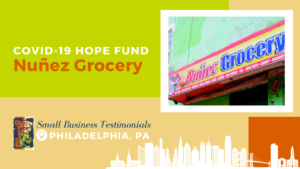 The real heroes are the small business owners. I will never forget the names and faces of the business owners who made it through with the help of the RDF COVID-19 Hope Fund. People like Mr. Julio Torres, Owner of Nuñez Grocery in Philadelphia. Nuñez Grocery was a friendly neighborhood store offering groceries and essentials to the community. They decided to close in order to protect the health of their families and neighbors. He shared that when the pandemic started, he closed. He was terrified. He made it through with the help of RDF, and Mr. Nuñez claimed that the RDF COVID-19 Hope Fund was “heaven-sent.”
The real heroes are the small business owners. I will never forget the names and faces of the business owners who made it through with the help of the RDF COVID-19 Hope Fund. People like Mr. Julio Torres, Owner of Nuñez Grocery in Philadelphia. Nuñez Grocery was a friendly neighborhood store offering groceries and essentials to the community. They decided to close in order to protect the health of their families and neighbors. He shared that when the pandemic started, he closed. He was terrified. He made it through with the help of RDF, and Mr. Nuñez claimed that the RDF COVID-19 Hope Fund was “heaven-sent.”
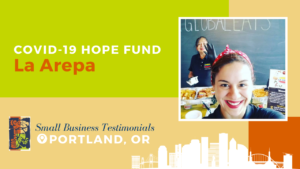 There were also the owners of La Arepa in Portland. Their business started as a way to share their Venezuelan culture through recipes and traditions. Their two locations suffered double when the pandemic hit. Veronica Gutierrez, Co-Owner of La Arepa would credit the RDF COVID-19 Hope Fund for helping them to invest in digital marketing. As a result, they began to work online and connect with delivery companies that would help create new ways of operating.
There were also the owners of La Arepa in Portland. Their business started as a way to share their Venezuelan culture through recipes and traditions. Their two locations suffered double when the pandemic hit. Veronica Gutierrez, Co-Owner of La Arepa would credit the RDF COVID-19 Hope Fund for helping them to invest in digital marketing. As a result, they began to work online and connect with delivery companies that would help create new ways of operating.
Our report highlights the importance of the servant leadership culture within RDF reflected by each of us who are part of the RDF family backed by solid business management. We are caring, compassionate, and committed to our shared mission of investing capital and creating financing solutions to increase the Latino community and poor families’ opportunities. RDF was formed based on the working community development model of St. Mother Teresa serving the poorest of the poor and the teachings of St. John Paul II, respecting the dignity of every human person. RDF will continue to serve and make a positive difference nationally in the months and years to come, doing the most good where it is most needed!
The 2020 Annual Report will be released the first week of April 2021. For past Annual Reports visit our website.
